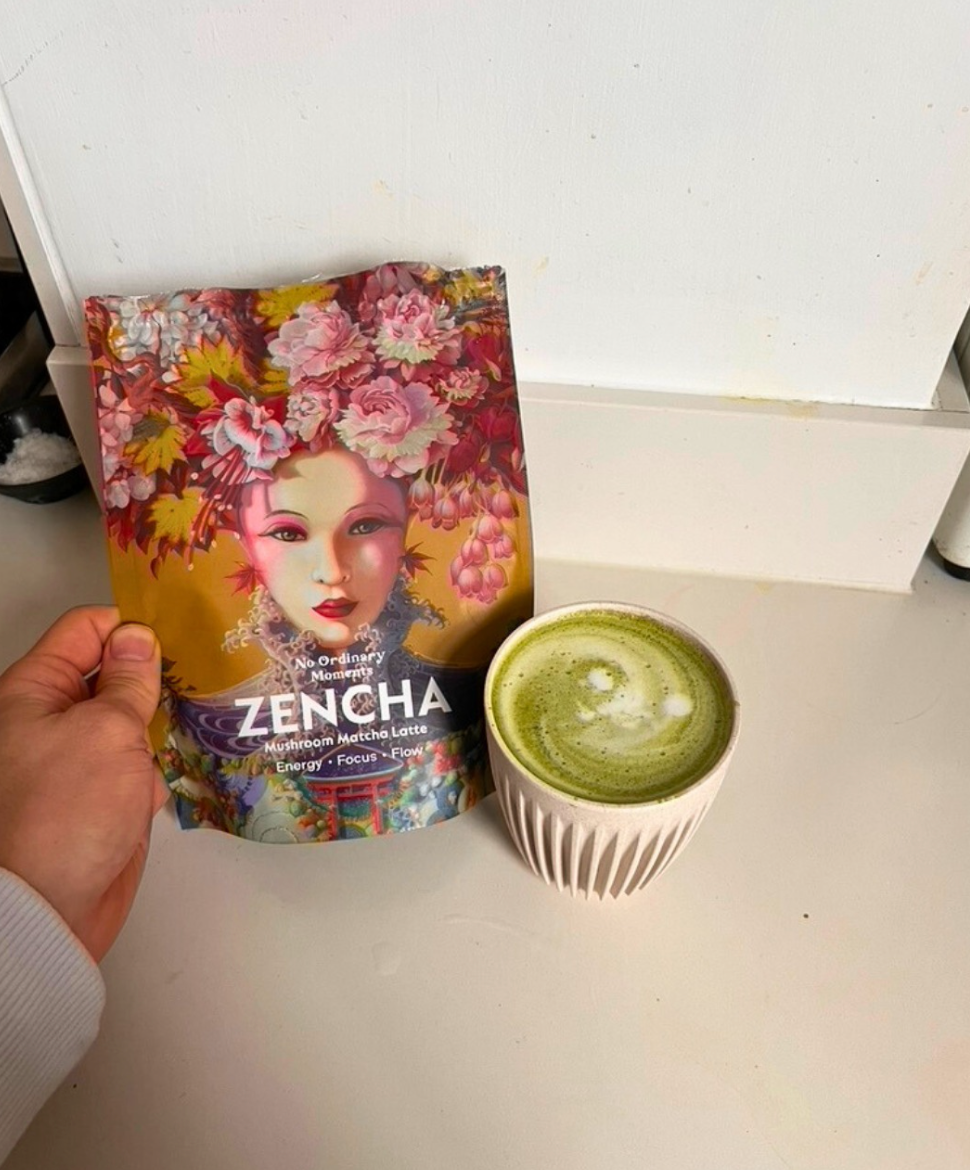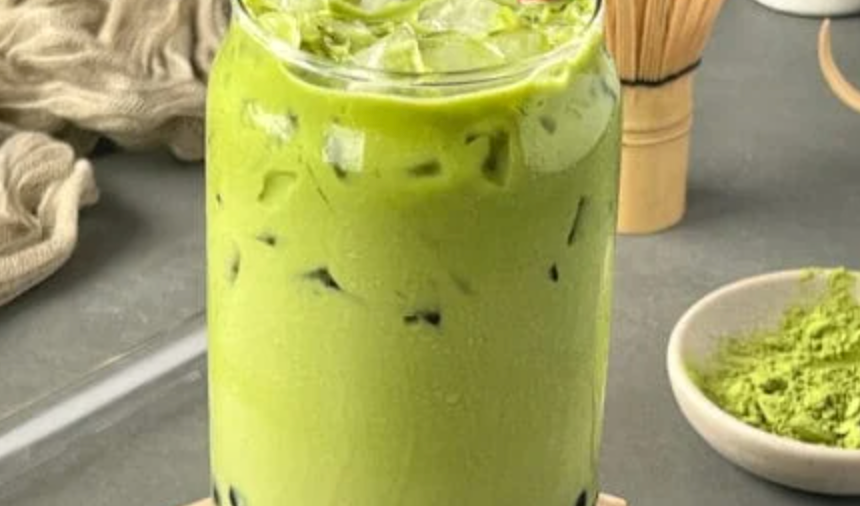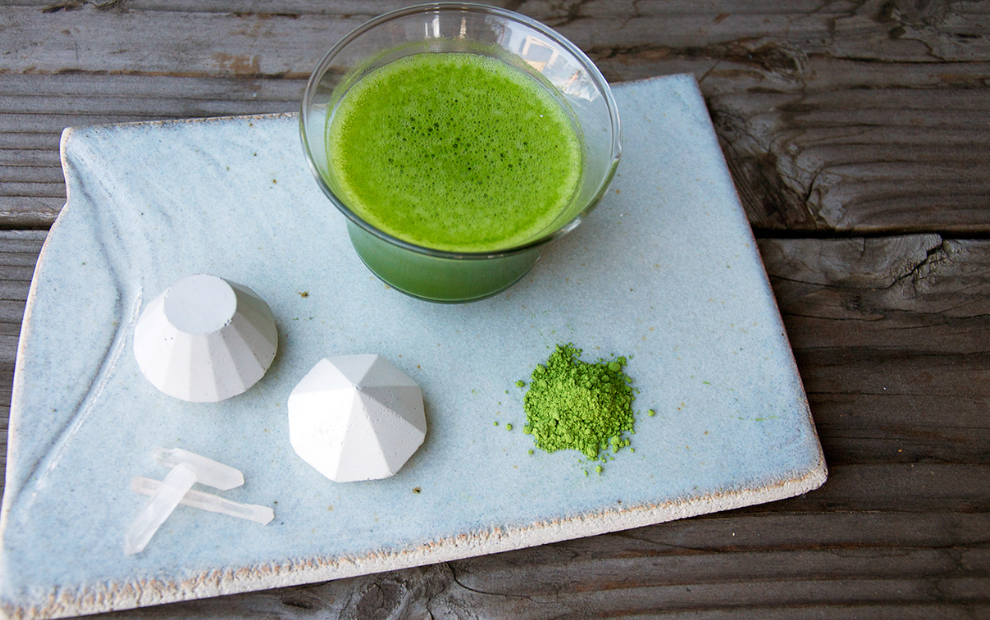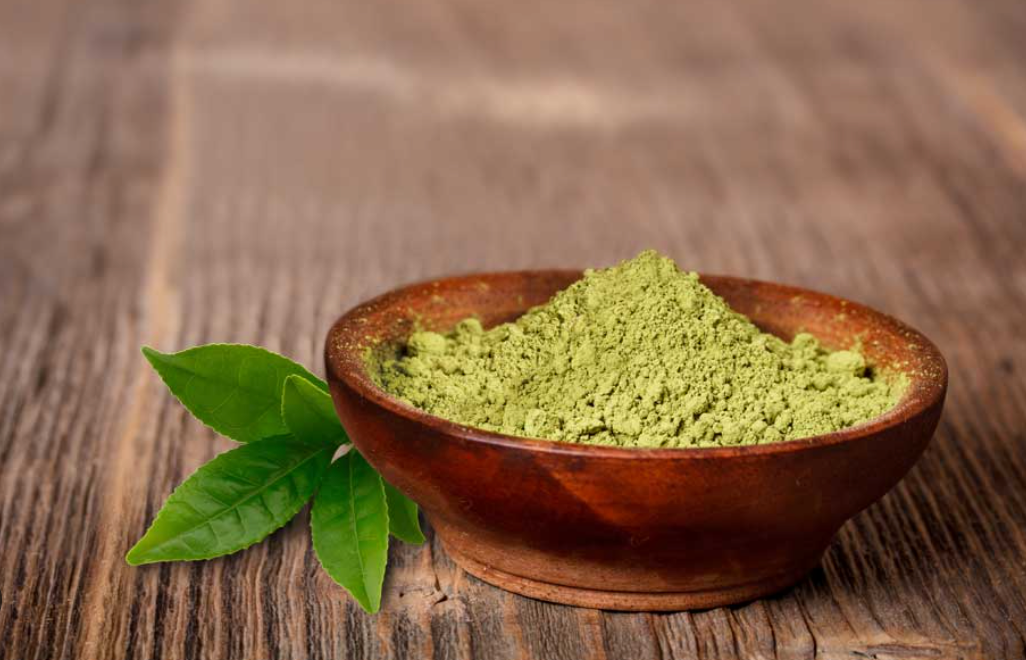
Read time: 4 min
Aging is an inevitable process, but there are steps we can take to support healthy aging and maintain a youthful appearance.
While a balanced diet and a healthy lifestyle are key factors, certain supplements have gained recognition for their potential anti-aging benefits.
In this blog post, we will explore the top 11 anti-aging supplements that have shown promising results backed by scientific evidence.
-
Coenzyme Q10 (CoQ10): CoQ10 is a powerful antioxidant naturally produced in the body, responsible for energy production in cells. It helps protect against oxidative stress and reduces the signs of aging. According to a study published in the Journal of Drugs in Dermatology, supplementation with CoQ10 significantly improves skin roughness, hydration, and overall appearance.
-
Resveratrol: Resveratrol, commonly found in grapes and red wine, has gained attention for its anti-aging properties. It activates proteins called sirtuins that regulate cellular health and longevity. A study published in Cell Metabolism found that resveratrol extends the lifespan of certain organisms and may have similar effects in humans.
-
Omega-3 Fatty Acids: Omega-3 fatty acids, particularly EPA and DHA, are essential for optimal brain function and heart health. They also possess anti-inflammatory properties that can help combat aging. A study published in The American Journal of Clinical Nutrition demonstrated that omega-3 supplementation improves skin elasticity and reduces wrinkle formation.
-
Collagen: Collagen is a protein that provides structure to our skin, bones, and joints. As we age, collagen production decreases, leading to sagging skin and wrinkles. Supplementing with collagen peptides has shown positive effects on skin elasticity and hydration, as highlighted in a study published in Skin Pharmacology and Physiology.
-
Vitamin C: Vitamin C is a potent antioxidant that helps protect the skin from damage caused by free radicals. It also aids in collagen synthesis, promoting firm and youthful-looking skin. A review published in the Journal of Clinical and Aesthetic Dermatology emphasized the importance of vitamin C in reducing photoaging and wrinkle formation.
-
Niacinamide (Vitamin B3): Niacinamide is a form of vitamin B3 that offers multiple benefits for aging skin. It enhances skin barrier function, reduces hyperpigmentation, and improves the appearance of fine lines and wrinkles. A randomized controlled trial published in the Journal of Dermatological Treatment demonstrated significant improvements in skin aging signs with niacinamide supplementation.
-
Green Tea Extract: Green tea extract is rich in polyphenols, which possess potent antioxidant and anti-inflammatory properties. These compounds help protect against sun damage and improve skin elasticity. A study published in The Journal of Nutrition found that green tea extract supplementation reduced photoaging and enhanced skin structure.
-
Alpha-Lipoic Acid (ALA): ALA is a versatile antioxidant that can penetrate both water and fat compartments of cells, making it highly effective in combating oxidative stress. It also regenerates other antioxidants like vitamins C and E, enhancing their anti-aging effects. A study published in Biofactors highlighted ALA's ability to improve skin texture and reduce fine lines.
-
Curcumin: Curcumin is the active compound in turmeric, known for its potent anti-inflammatory and antioxidant properties. It helps protect against age-related chronic diseases and supports healthy skin aging. A randomized controlled trial published in Phytotherapy Research showed that curcumin supplementation improved skin elasticity and reduced wrinkle formation.
- Vitamin E (continued): A systematic review published in the Journal of Investigative Dermatology Symposium Proceedings found that vitamin E supplementation improved skin texture, reduced wrinkle depth, and enhanced overall skin condition.
- Pycnogenol: Pycnogenol is a natural plant extract derived from French maritime pine bark. It contains a variety of antioxidants that protect against free radical damage and promote skin health. A study published in Skin Pharmacology and Physiology showed that Pycnogenol supplementation improved skin hydration, elasticity, and smoothness.
It's important to note that while these supplements have shown promising anti-aging benefits, they should not replace a balanced diet or healthy lifestyle.
Furthermore, individual results may vary, and it's always recommended to consult with a healthcare professional before starting any new supplement regimen.
Sources:
-
- Soleymani T et al. (2017). The potential role of coenzyme Q10 in the treatment of aging skin. Journal of Drugs in Dermatology, 16(7), 658-662.
- Sinclair DA. (2013). Resveratrol: What a Flavonoid Can Do for You. Cell Metabolism, 18(6), 708-709.
- Nicolaou A et al. (2013). Skin photoprotection by natural polyphenols: anti-inflammatory, antioxidant and DNA repair mechanisms. Archives of Dermatological Research, 305(3), 151-162.
- Asserin J et al. (2015). The effect of oral collagen peptide supplementation on skin moisture and the dermal collagen network: evidence from an ex vivo model and randomized, placebo-controlled clinical trials. Skin Pharmacology and Physiology, 29(2), 86-95.
- Pullar JM et al. (2017). The Roles of Vitamin C in Skin Health. Nutrients, 9(8), 866.
- Bissett DL et al. (2005). Topical niacinamide reduces yellowing, wrinkling, red blotchiness, and hyperpigmented spots in aging facial skin. Journal of Cosmetic Dermatology, 4(2), 73-78.
- Katiyar SK et al. (2007). Green tea and skin. Archives of Dermatology, 143(6), 789-794.
- Beitner H. (2003). Randomized, placebo-controlled, double-blind study on the clinical efficacy of a cream containing 5% alpha-lipoic acid related to photoaging of facial skin. British Journal of Dermatology, 149(4), 841-849.
- Sarafian G et al. (2016). Curcumin and Turmeric Supplements: Science vs. Marketing. Phytotherapy Research, 30(9), 1547-1553.
- Ruta S et al. (2017). Vitamin E in dermatology. Journal of Investigative Dermatology Symposium Proceedings, 18(2), 33-35.
- Tixier JM et al. (2002). Effects of Pycnogenol on Skin Elasticity and Hydration in Women. Skin Pharmacology and Physiology, 15(2), 120-124.
Remember to consult with a healthcare professional before starting any new supplement regimen.






